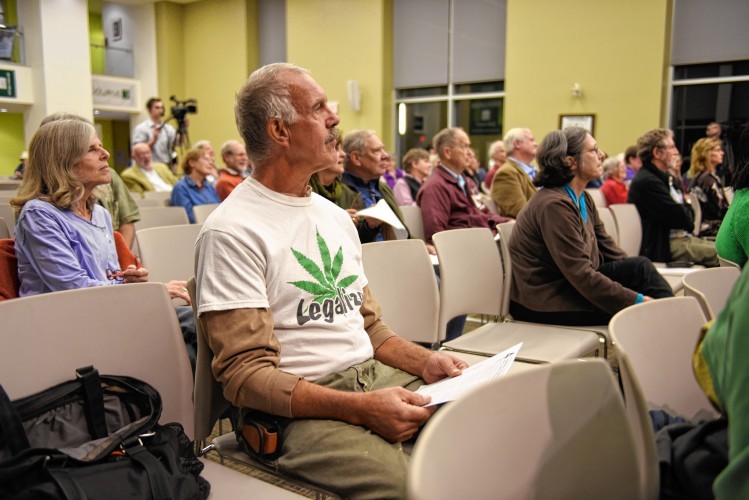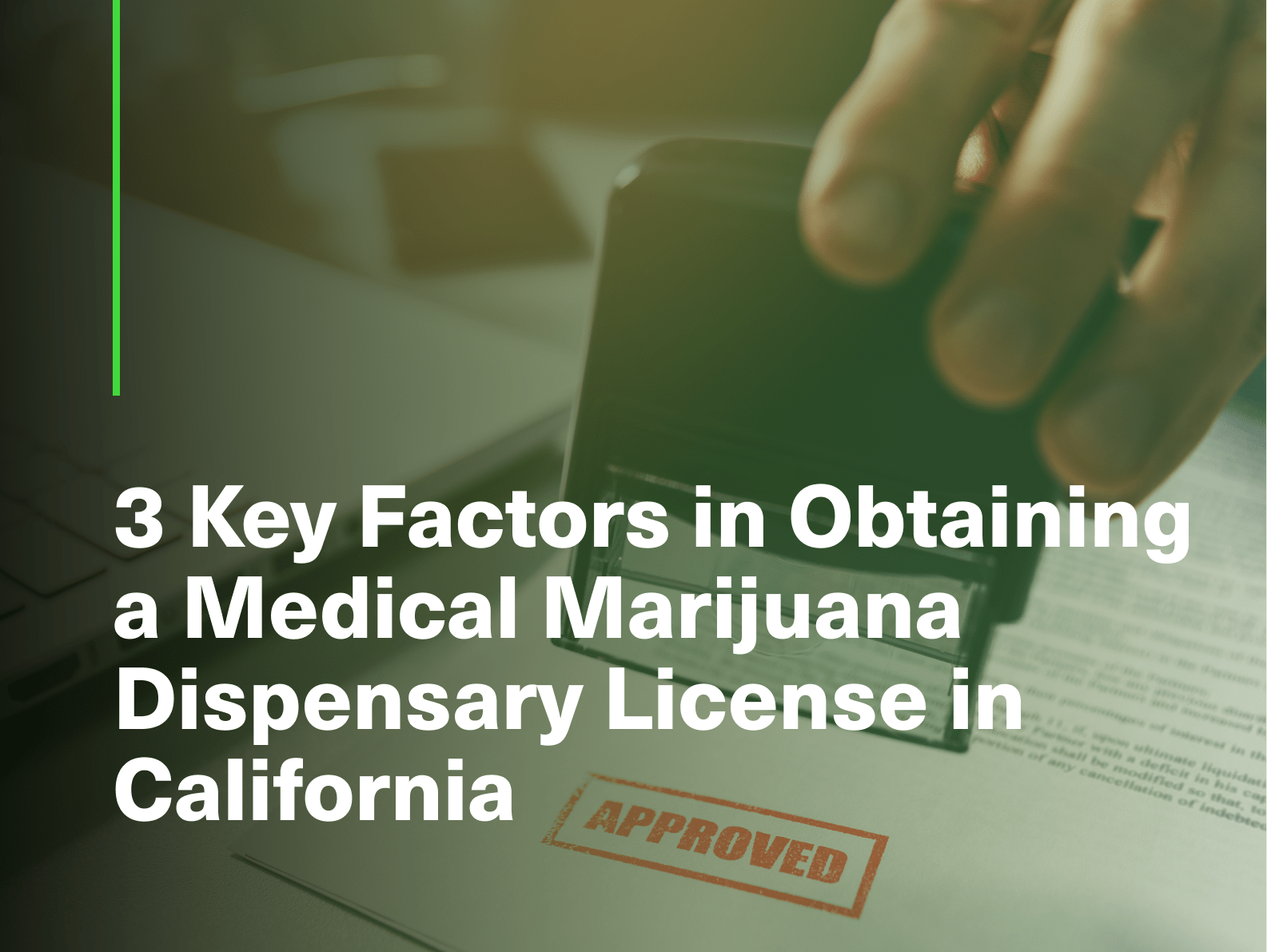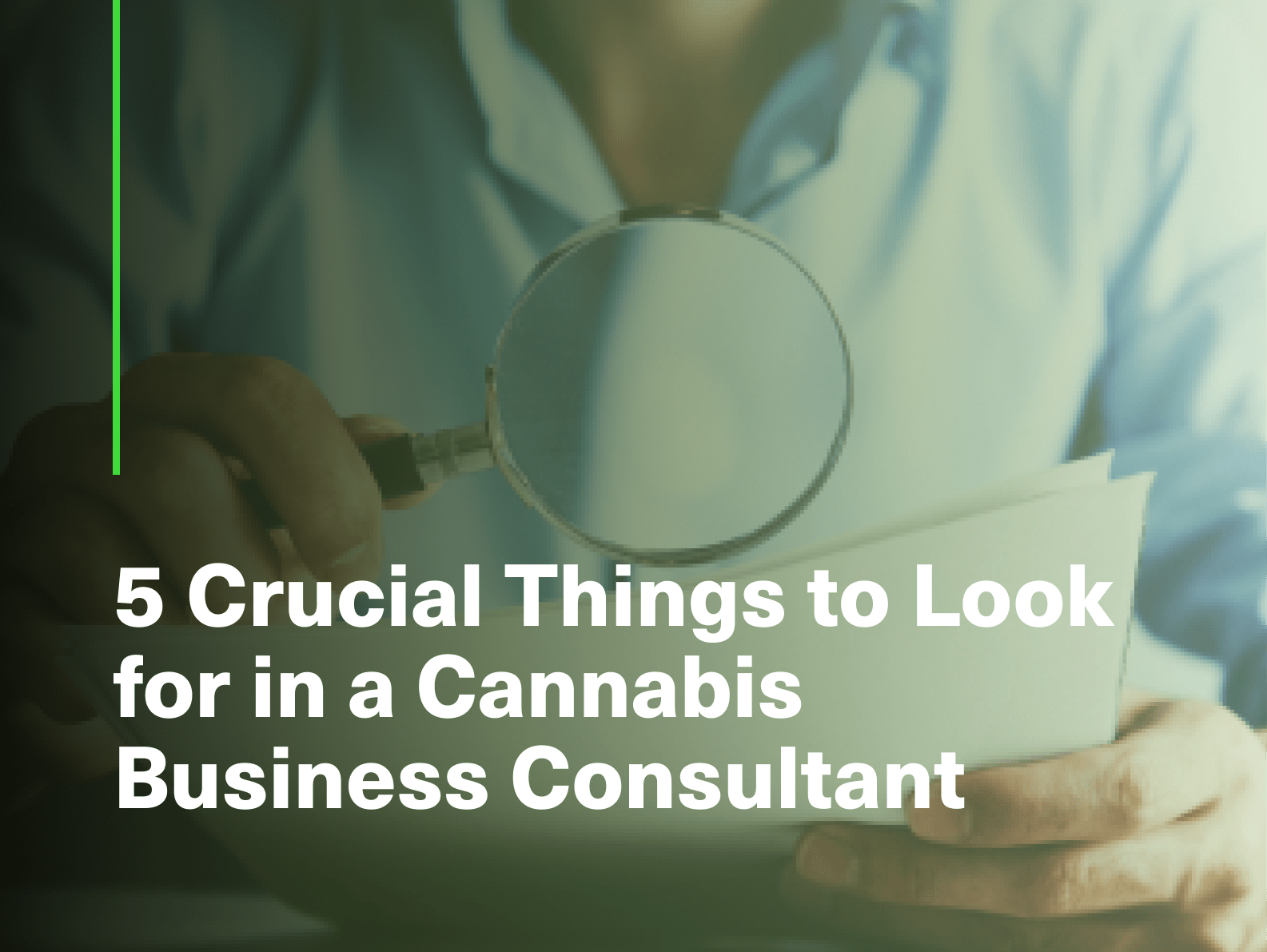If you are already a cannabis business in California, or looking to get in on the action as a start-up or investor, you will need a number of approvals from local and state governments to operate legally. While three state agencies (Bureau of Cannabis Control, Department of Food and Agriculture, Department of Public Health) are responsible for issuing state licenses, marijuana dispensary licenses, cultivators, manufacturers, and other related businesses must first obtain approval from their local governments (city or county where your business is located). Each city and county approaches regulations a little differently, but local governments work in about the same way across the state. We have outlined a general strategy that our cannabis consultants use to obtain local approvals and a marijuana dispensary license.
Meet your regulators
Anyone who conducts business in California knows that complying with regulations is simply a part of how things get done. The smart thing to do is make the best of it by incorporating regulatory compliance into your projects from the beginning and meet those regulators. At minimum you should know who they are and what they do. An in-person meeting may also provide early insight about what regulators are looking for and it gives you the opportunity to get to know them.
Discuss the Benefits of Regulated Versus Unregulated Cannabis
Explain the benefits of having regulated cannabis versus banned or unregulated cannabis in your messaging to regulators, whether through conversation or written text. Focus on how city and county representatives will be able to control who, what, when, and where. Regulation would also reduce diversion of cannabis to the black market by allowing consumers access while collecting fees to fund enforcement. Gently educate local officials about how you and others in the cannabis industry are normal people just like them who care about the community. Local officials are more likely to take your side if they understand that medical marijuana has always been in their community and residents will continue to buy and use it.
Address Public Safety Concerns
Local governments are operated by people who live in the city or county and are appointed or elected by other residents. Any public official issuing you an approval or permit is usually concerned about how allowing cannabis in their city or county will impact public safety. Describe how your operation will not have an impact because of the way you conduct your business. Be specific about how you will prevent product diversion, how you will handle cash, and how you prevent sale to minors. Include a list of compliance approvals you have or will obtain for your property, facility, and you as an operator so they see you are trying to do the right thing.
Address Public Health Concerns
Similar to public safety, public health is also a concern for local governments. Topics that usually come up include bad odors drifting from marijuana cultivation, manufacturing, and dispensary operations to nearby residents and businesses. Some local governments have also banned cannabis businesses after because not everyone follows the rules about building structures or developing property without a permit, polluting land and water features, and operating in buildings that did not meet building, fire, or health and safety code requirements. Last, but certainly not least, residents and officials are always concerned about how cannabis access and exposure affects children. Cannabis businesses looking to obtain a license need to convince regulators that their operation will not have these issues.
Document Employee and Operations Management
When discussing your business with regulators, you will need to focus on convincing them that your operations are organized and will not create issues. To do this, you should be able to produce documentation of your procedures and training for each step of your operations. Some form of Standard Operating Procedures, Training Manual, and Employee Handbook is a great start, but it will also be important as you operate to log how these instructions are being followed by your employees and when they do receiving training. In addition to local governments, this information will prove valuable during inspections by CalOSHA. It may also be important to include information on your employees. Some local governments already require permits for each of your employees to work for you but even if they do not, regulators will be concerned about whether your staff poses a risk for you and your business.
Educate the Community
Local government officials and residents who are not in the medical marijuana or adult use industry are often unfamiliar with how it works, what cannabis actually is, and how it is produced, manufactured and consumed. When something is unfamiliar, people often latch onto misconceptions and their own fears that it will negatively affect them, their family, or the community. Cannabis operators and investors will be more likely to achieve their goals if they nurture relationships with residents and officials. This can be realized by simply talking to them informally, holding a meeting or workshop, or initiating an educational campaign.
Pay Taxes and Fees
While local governments are concerned about public health, public safety, and how residents feel about your business, they also want assurance that you will pay your taxes. Tax rates vary by city and county and can be controversial about where this money ends up, but at least in theory local taxes and fees pay for cannabis regulation and enforcement, as well as community
benefits. If you are applying or have obtained a permit and expect to operate legally, you should be very interested in making sure that others play by the rules as well. Additionally, residents will appreciate your contributions to enhancing the local community, whether through funding parks, schools, social programs, infrastructure, or other amenities. While nobody enjoys paying taxes, the point here is that doing so can benefit your business so make sure the money you pay your local government counts.
If you need assistance permitting your business with a local government, our cannabis consultants are happy to provide a 30 minutes consultation where we learn about what you are trying to accomplish and offer advice about how should move forward.






